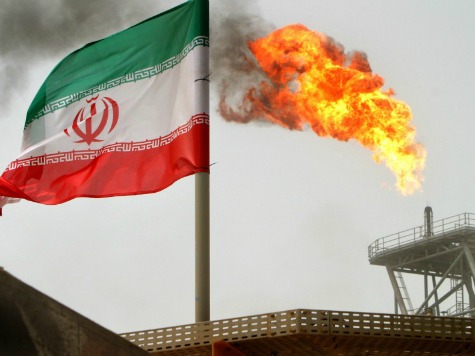The recent drop in oil prices is making American consumers happy as they enter the holiday season. As fuel prices go down, consumer confidence and spending go up, and the economy strengthens. The opposite is true in Iran, where both the state and private sector are heavily dependent on high oil prices. Indeed, while President Barack Obama resists calls to restore some sanctions on Iran, the low oil price operates as a sanction by default.
As Yossi Melman notes in the Jerusalem Post:
The Iranian budget for 2014/15 is based on a $140 per barrel price–whereas the current price is $80 per barrel. This means a huge deficit in the Iranian budget. Iran can cover it by austerity measures–cutting subsidies of food, fuel and housing – but its leaders fear that such steps will bring upon them the wrath of the masses, which already suffer from the recession. Iran’s government prefers to print money and raise inflation.
The drop in oil prices is partially aided by expanding production in the United States, where–despite Obama’s best efforts, and the protests from the left–hydraulic fracturing, or “fracking,” has revived a moribund domestic industry. Oil production also has to expand to match the competition from natural gas, which is also booming and lowering energy costs across the American economy.
Traditionally, the OPEC nations respond to falling prices by reducing production. But OPEC’s market power has been vastly weakened over the years–and some of the leading OPEC nations, including Saudi Arabia, now see Iran as an existential threat. They may be prepared to tolerate some temporary economic losses to put greater economic and political pressure on the regime–especially while Obama’s weak diplomatic posture persists.
Senior Editor-at-Large Joel B. Pollak edits Breitbart California and is the author of the new ebook, Wacko Birds: The Fall (and Rise) of the Tea Party, available for Amazon Kindle.
Follow Joel on Twitter: @joelpollak

COMMENTS
Please let us know if you're having issues with commenting.